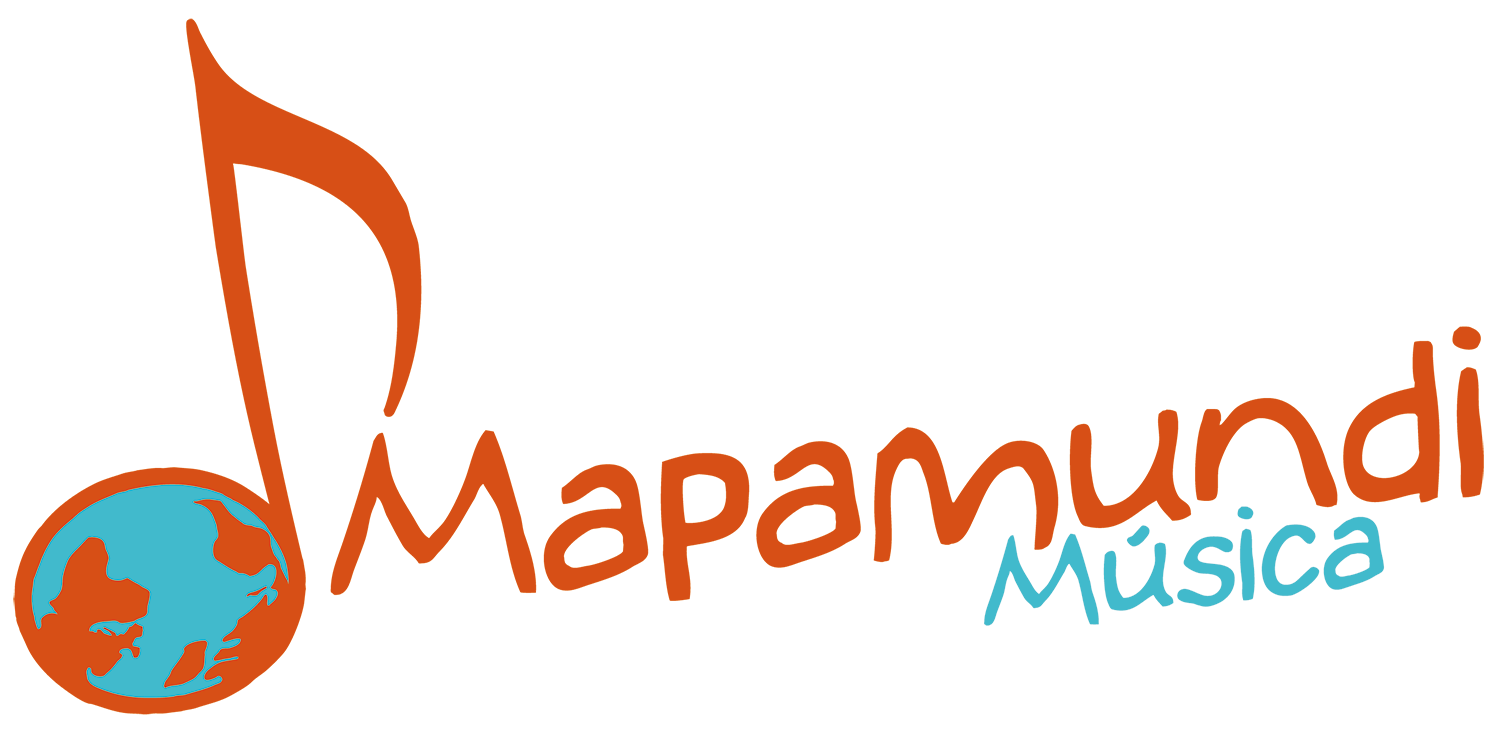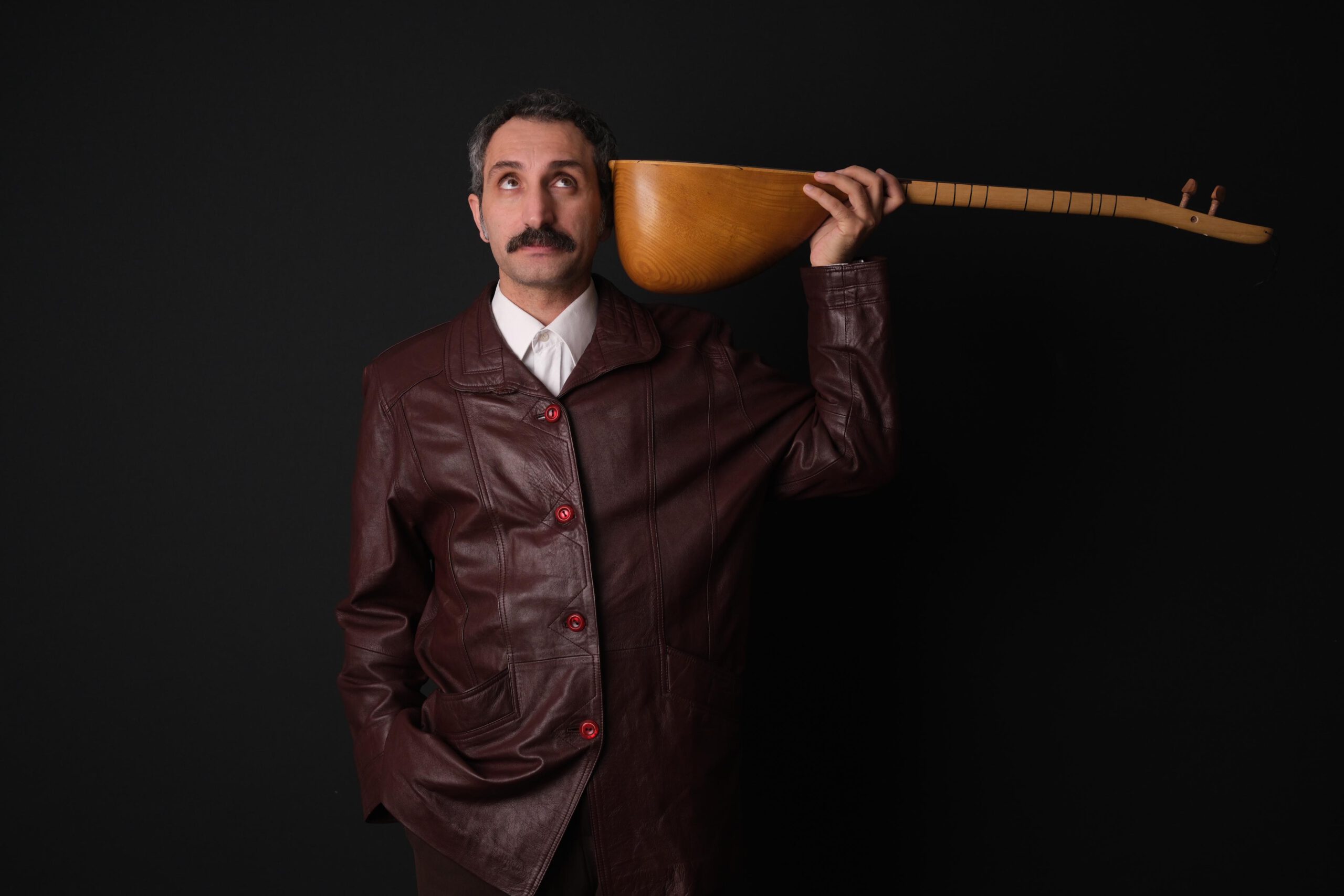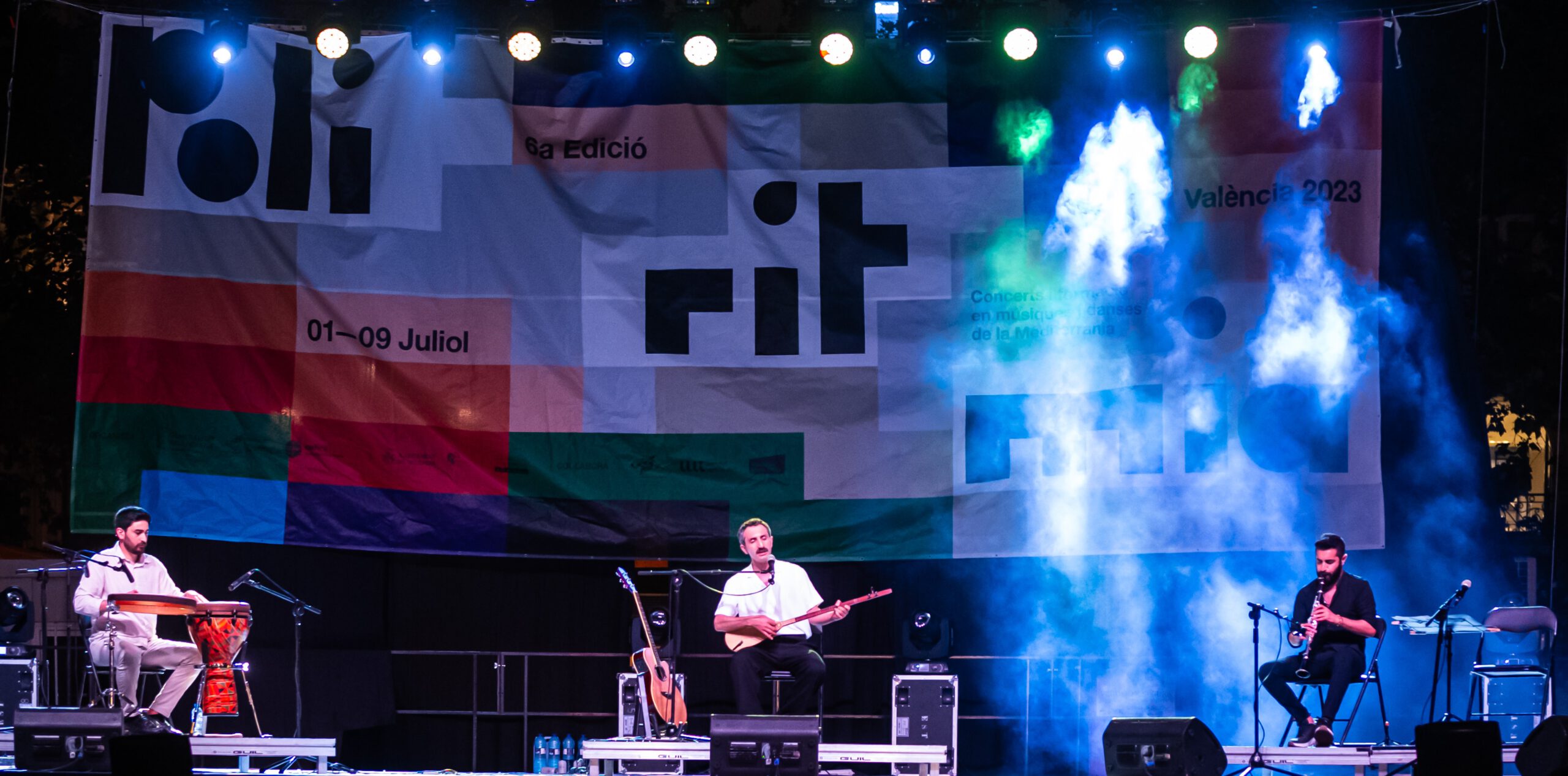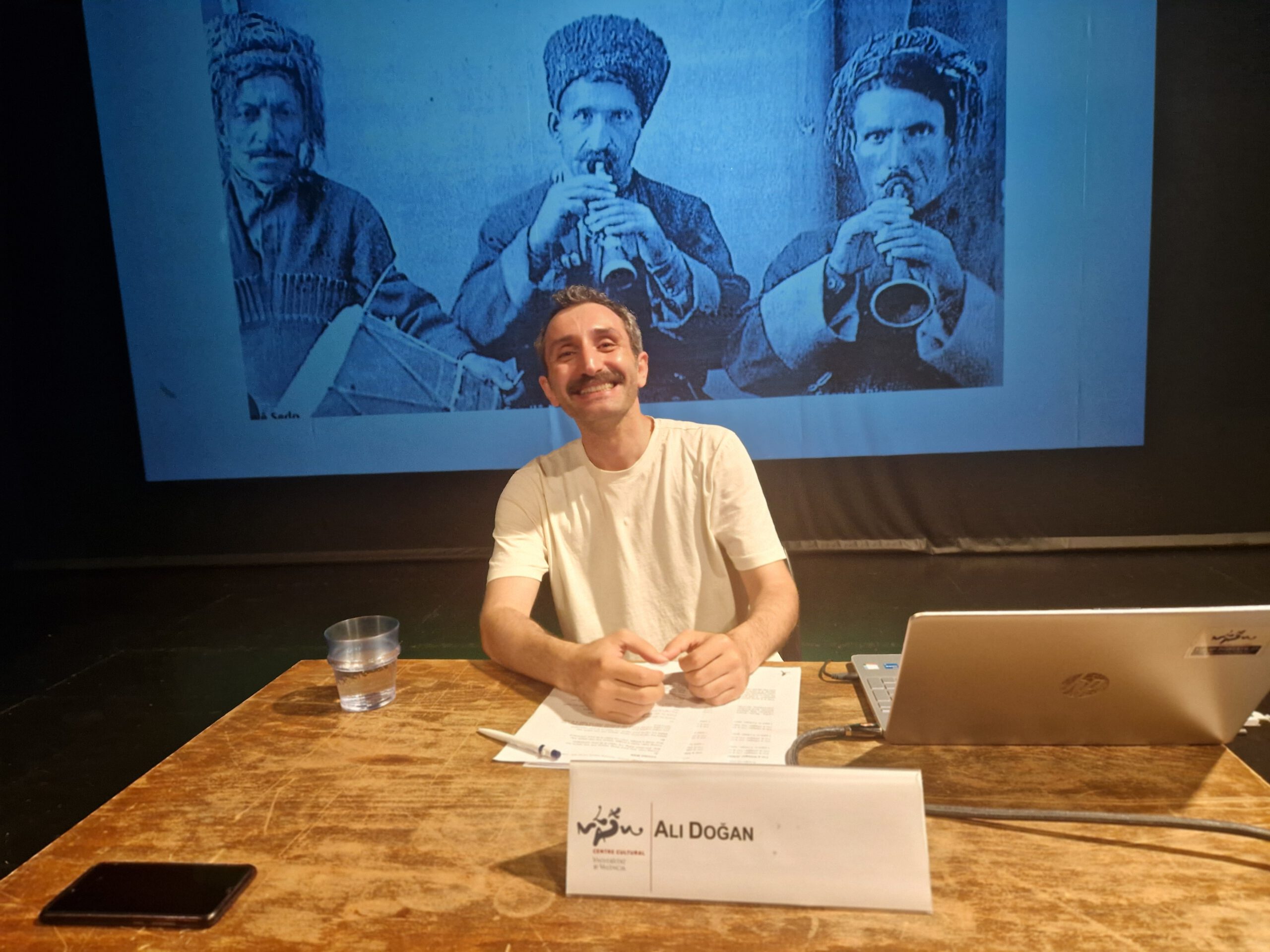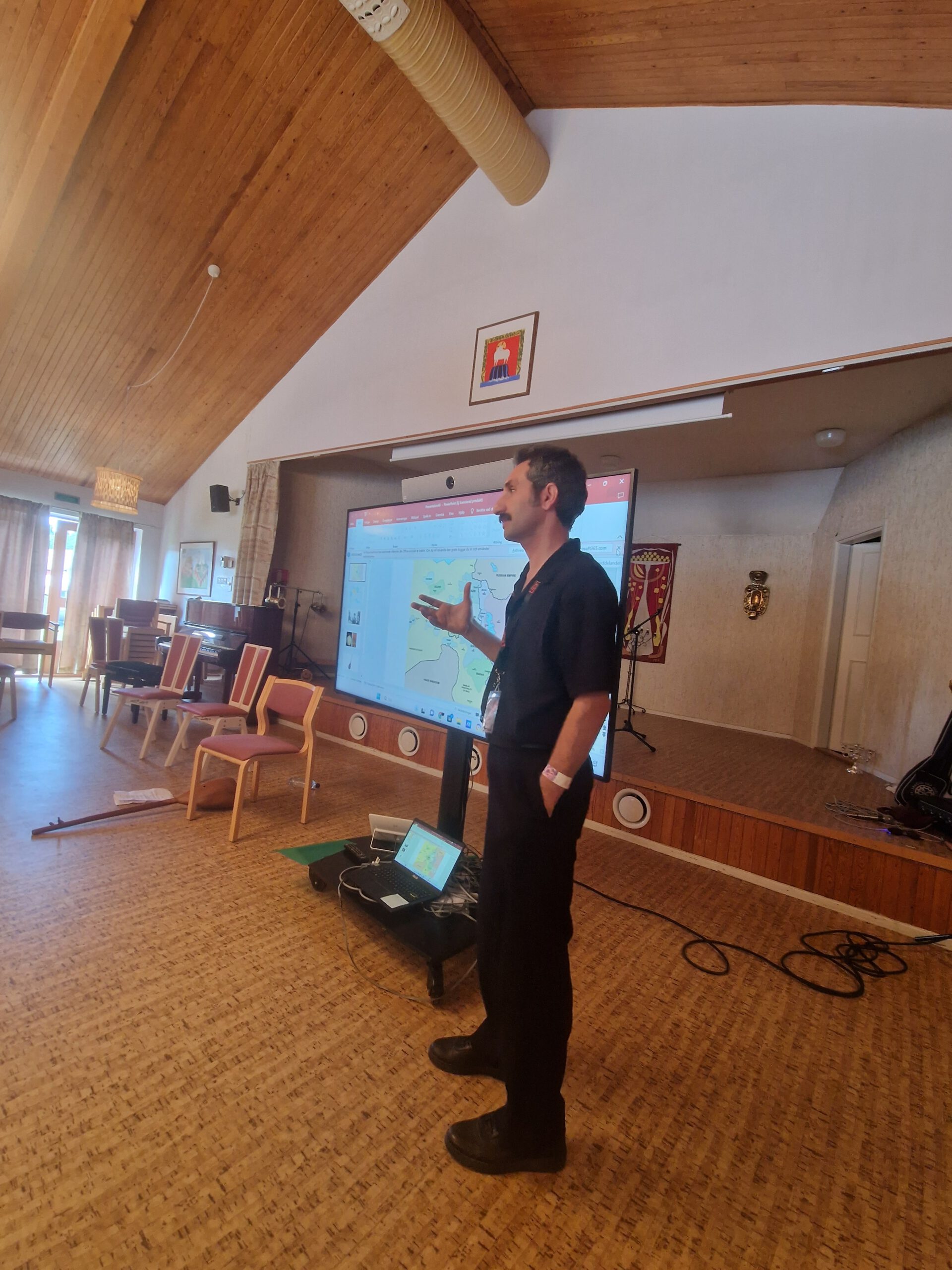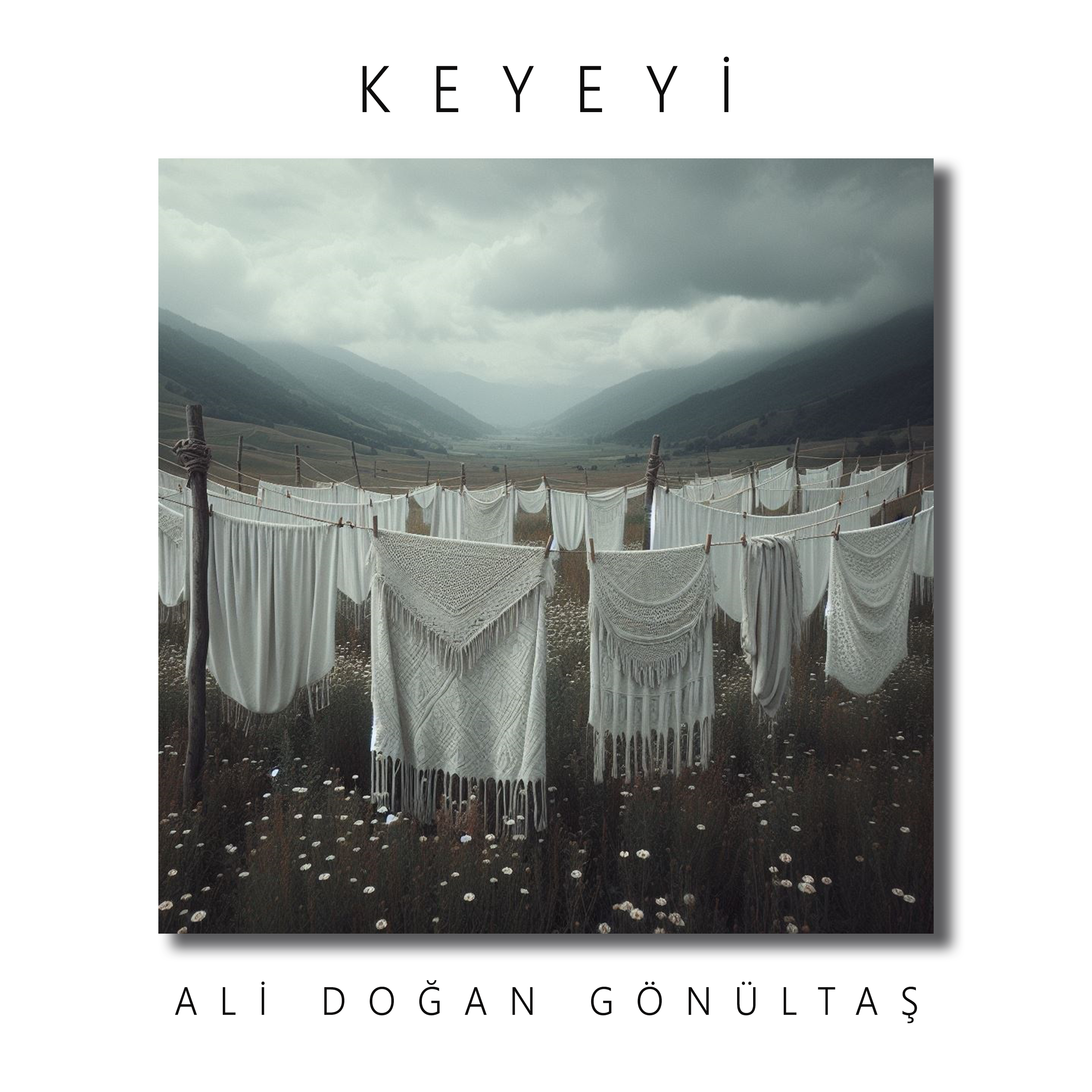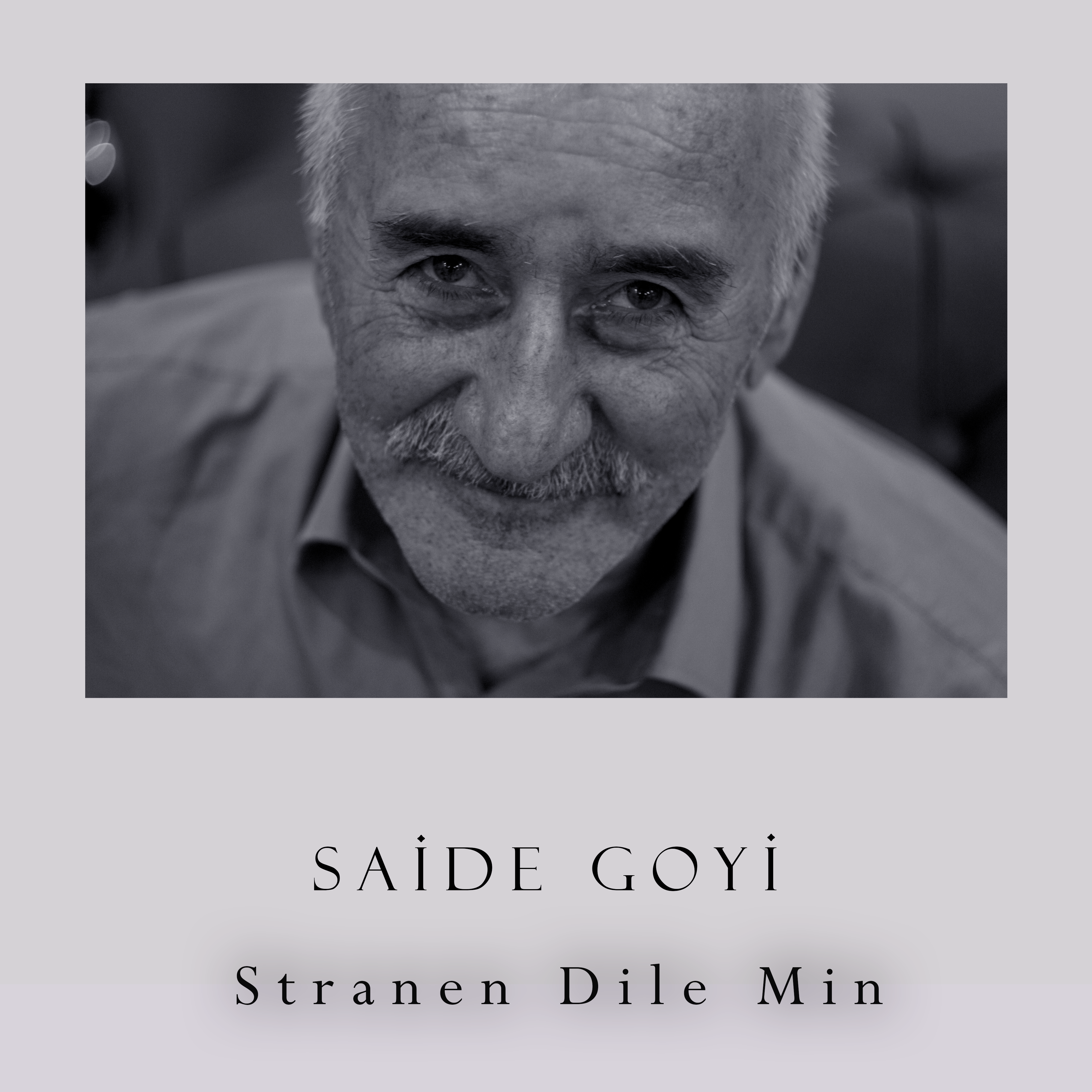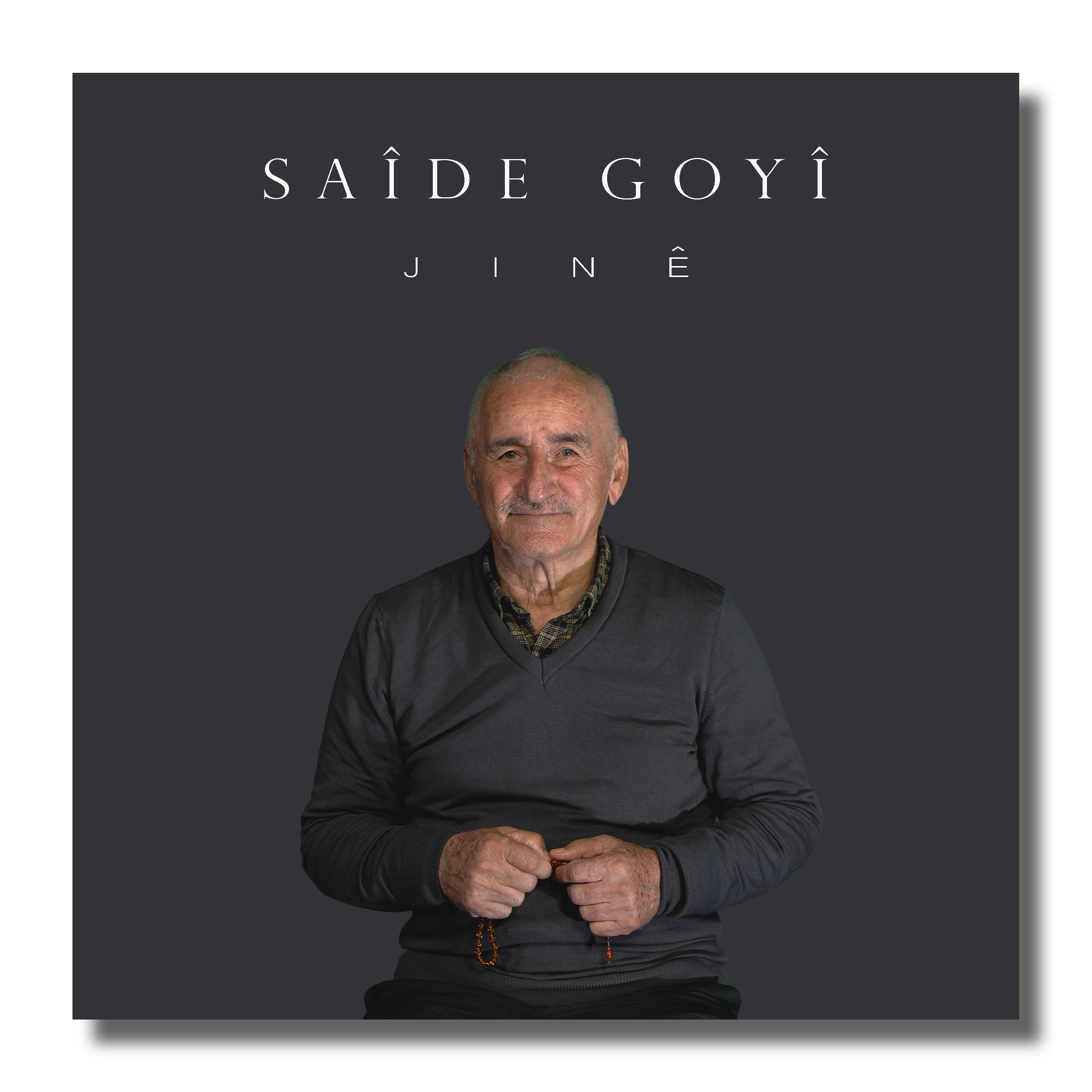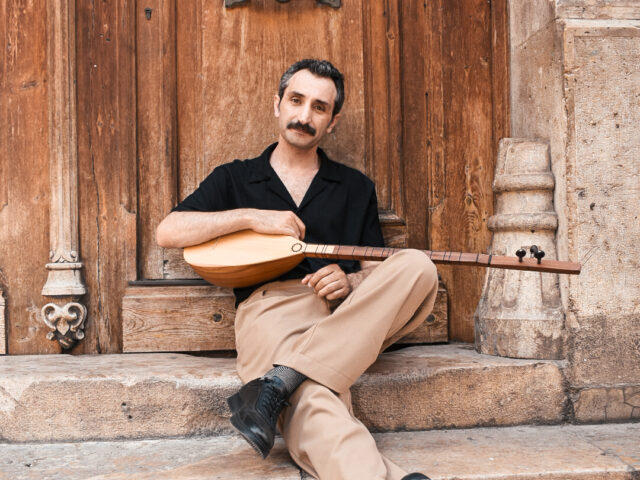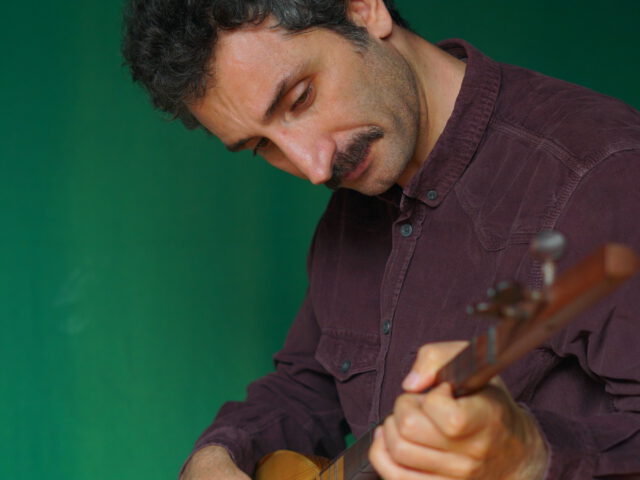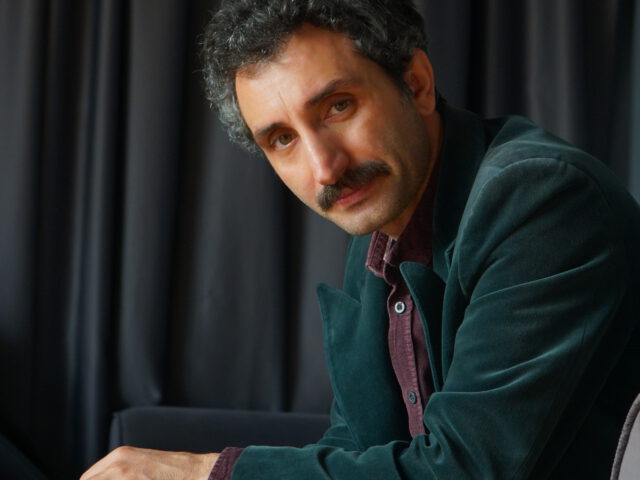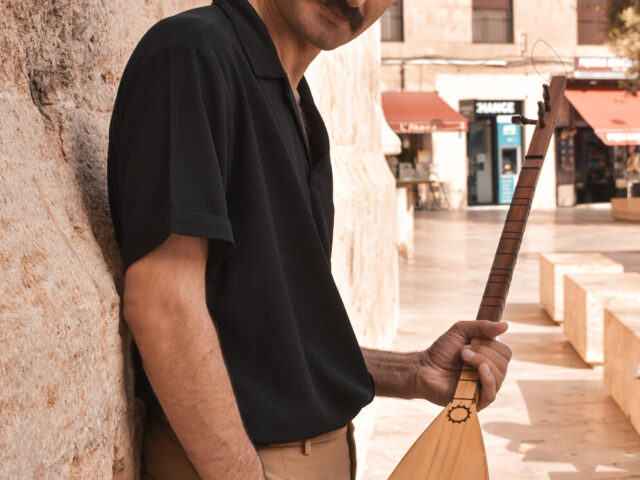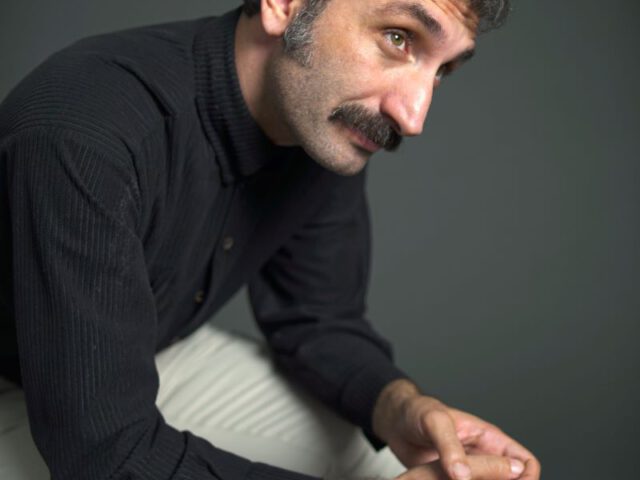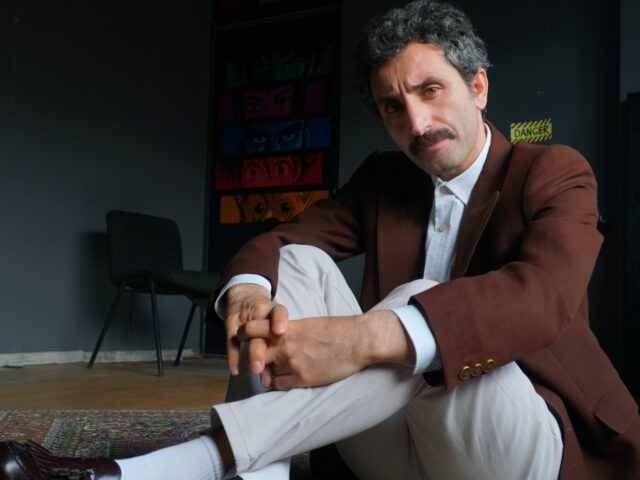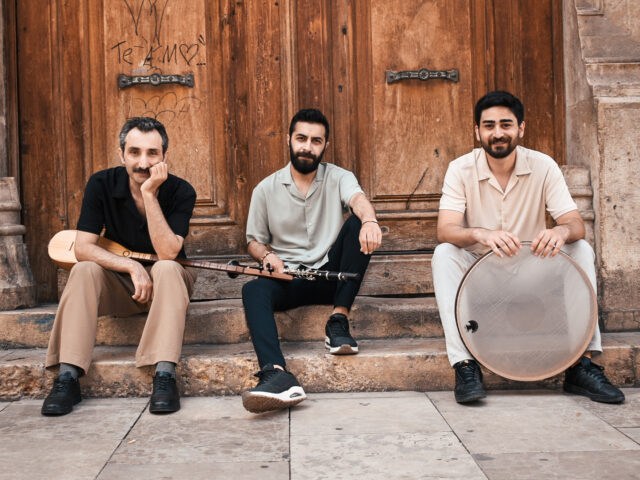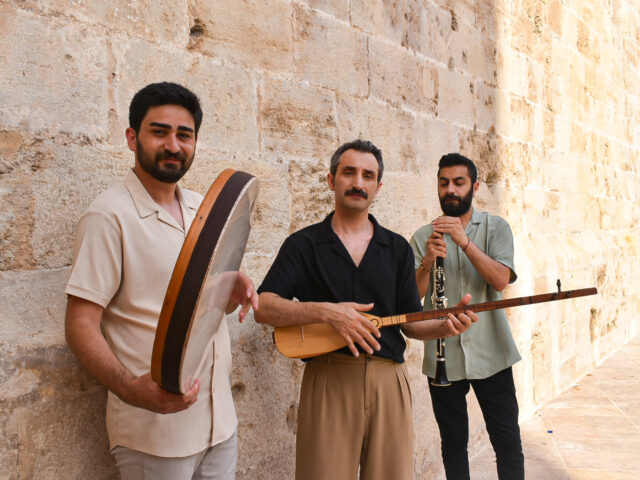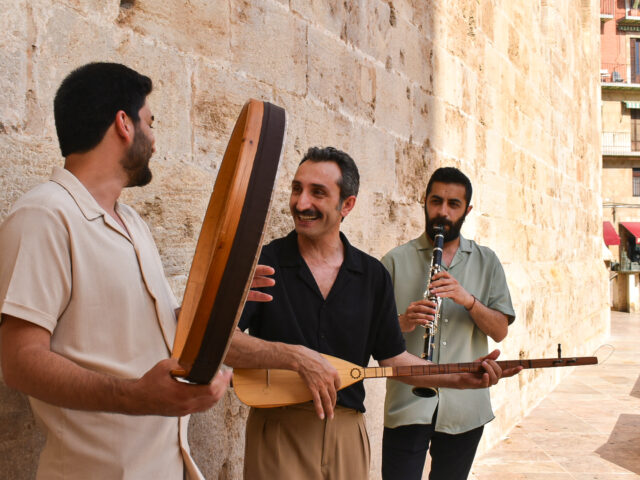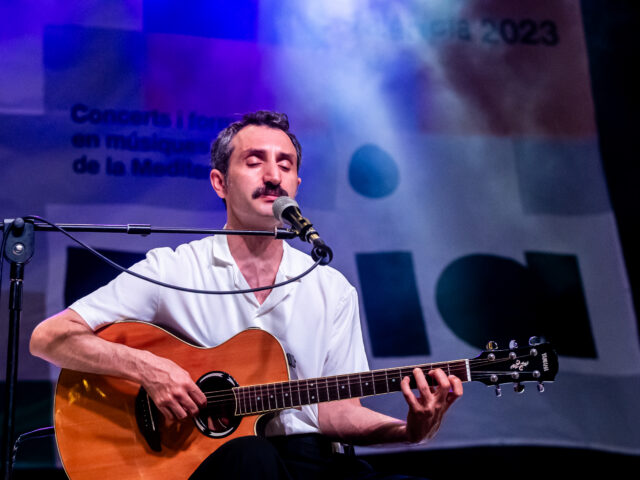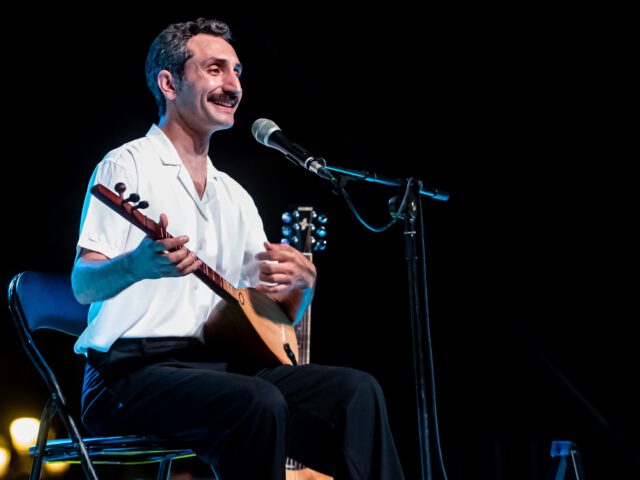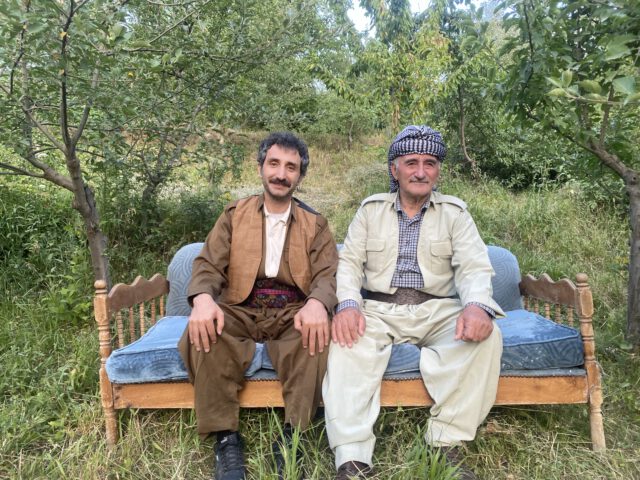Ali Doğan Gönültaş
Dear music professional, before providing the information you need about the artist Ali Doğan Gönültaş, I wanted to tell you something. During 2023 and 2024 I have worked with him in 18 countries, including venues like Festival Rodolstadt, Elbphilharmonie Hamburg and Fundação Gulbenkian in Lisbon (sold out of 1203 seats). I have travelled with him long hours by car, train and plane.
And I have been attending many of those concerts from the audience. I have witnessed the excitement in their eyes. I have seen how they approached the organizers, my clients who made the decision to book us, to express their gratitude and acknowledge their choice.
I myself have heard comments from journalists telling me that it was one of the best concerts they had seen in years. I’m not making anything up, it’s all true. These are some real examples:
- Alex Walter, WOMEX director: “Just wanted to say that I did like the show of Ali very much. That was excellent. And I think I was not the only in the audience with that opinion ;-)”
- Nod Knowles: “Ali is true master and the band are wonderful.”
- David Sierra: “The people I have spoken to agree that it was one of the best showcases of the fair.” (About his concert at Fira Mediterrània de Manresa)
And now, I’ll provide you with a clickable table of contents for the information I believe will be useful to you. If you require any additional information, please feel free to reach out to me. I am Araceli: info@mundimapa.com, +34676302882
Bio
Ali Doğan Gönültaş was born in the mid of 1980s in Kiğı, a rural village in the rugged mountains of Eastern Anatolia, in a Kurdish family for whom, as is the case with most Alevi families, music is an essential way of transmitting the history of their people. Soon after, the family had to emigrate to the city. Already in Istanbul, the kid Ali was encouraged by his teachers and elders to sing. Because he already had that gift—the gift of natural musicality, which he refined through his artistic activities and composition work.
“Alevis call tembur as the stringed Qur’an. They say that you can understand the meaning of the 4 holy books with the tembur.” Ali Doğan Gönültaş
His time at university studying archaeology and cinema provided him with a deep focus on research and source analysis, as well as the ability to translate that background into a highly captivating artistic and communicative language. Heritage, talent and stagecraft.
After ten years, two albums and hundreds of concerts with the fascinating band Ze Tîje, Ali Doğan produced and launched his first album, Kiğı, the result of fifteen years of research, conversations with elders and work on musical arrangements. In Kiğı, Ali sheds light on the languages and cultures of silenced minorities in Turkey, such as the Kurds and Armenians. The album paved the way for performances on prominent European stages.
Throughout 2023 and 2024, Ali performed in 18 countries across Europe and the Middle East, including prestigious venues such as Fundação Gulbenkian (with a sold-out Grande Auditório, seating 1,203) and Elbphilharmonie Hamburg (featuring one trio performance and another with the dengbêj Saîdê Goyî, both sold out).
You can trust the excellent artistry of Ali Doğan and his musicians and the professionalism of the whole team.
Ali has several line-ups, programs and additional activities available and is open to new ideas:
- Trio and quartet, program of songs from the peoples of Eastern Anatolia.
- Solo program of Sacred Songs from Alevi’s tradition.
- Concert with Saîdê Goyî.
- Workshop on Eastern Anatolian music, adaptable for the general public or musicians.
- Q&A session with the audience after the concert.
Videos
After the concert, Ali can make a session of questions and answers with the audience after the concert.
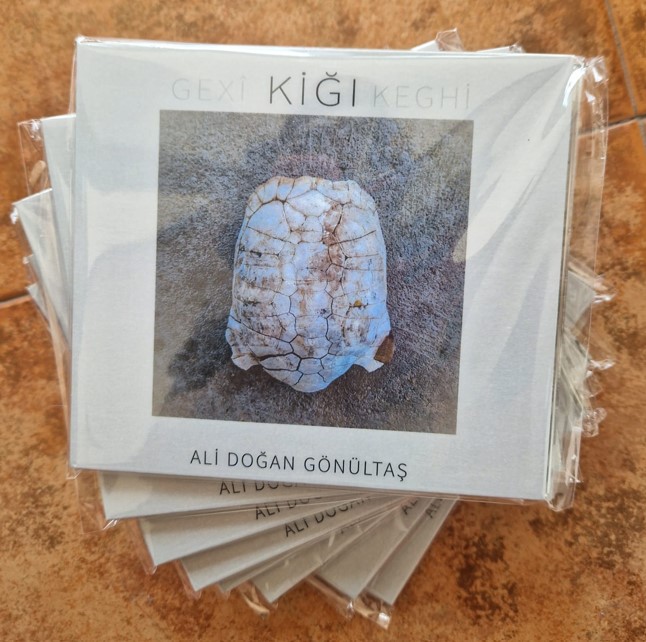 · Kiğı. 9th June 2023. Mapamundi Música. Edition in CD with pictures, booklet and access to exclusive online content.
· Kiğı. 9th June 2023. Mapamundi Música. Edition in CD with pictures, booklet and access to exclusive online content.
With his debut album Kiğı, Ali Doğan Gönültaş was selected for the Bestenliste 4/2023 of the Preis der deutschen Schallplattenkritik in the category of Traditional Ethnic Music.
· Kiğı. 2022. Self-produced. Digital edition. Listen here. You can also buy it digital, here.
In May of 2022, Ali Doğan Gönültaş released Kiğı, his first solo and self-produced album that emerged as a result of more than ten years of field research. The work, which is a personal look at the 150-year musical process of Kiğı, the musician’s birthplace, consists of works in the regional languages of Krmancki, Kurmanci, Kirdaski, Armenian, and Turkish. This thematic album consists of stylized performances accompanied by ethnomusicological data, with the goal of providing a discourse and a voice to remember despite the fading of memory. The project evolved from an “oral history” motivation into a musical memory work.
In the project, which includes thematic and technical music forms, thematic contents such as Govend, lament, job songs, Xerîbîyê and prayer forms are conveyed with the modal characteristics of the region.
Keyeyî. 30th April 2024. Ali Doğan Gönültaş & Mapamundi Música.
Edition in CD with pictures, booklet and access to exclusive online content.
Recorded in video and audio. Watch and listen to Keyeyî, here.
With his debut album Kiğı, Ali Doğan Gönültaş was selected for the Bestenliste 4/2023 of the Preis der deutschen Schallplattenkritik in the category of Traditional Ethnic Music. Less than a year later, last Thursday, it was announced that his second album, Keyeyî, has been included in the Bestenliste 3/2024.
| Ze Tijê Ur. 2019. Golfo mistico. Listen here. | 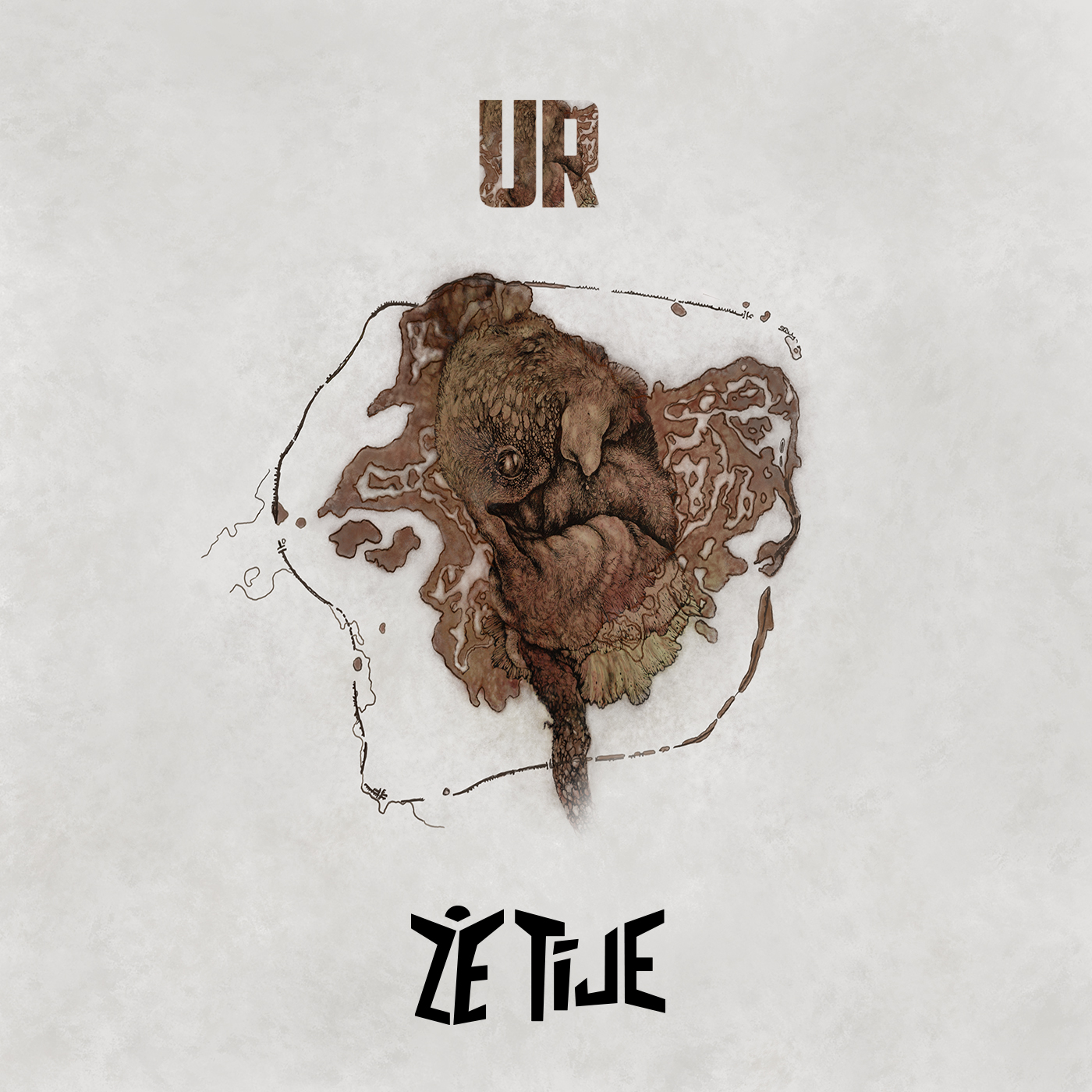 |
| Ze Tijê Yanlışımız Var!. 2015. Gar Müzik Yapım Listen here. | 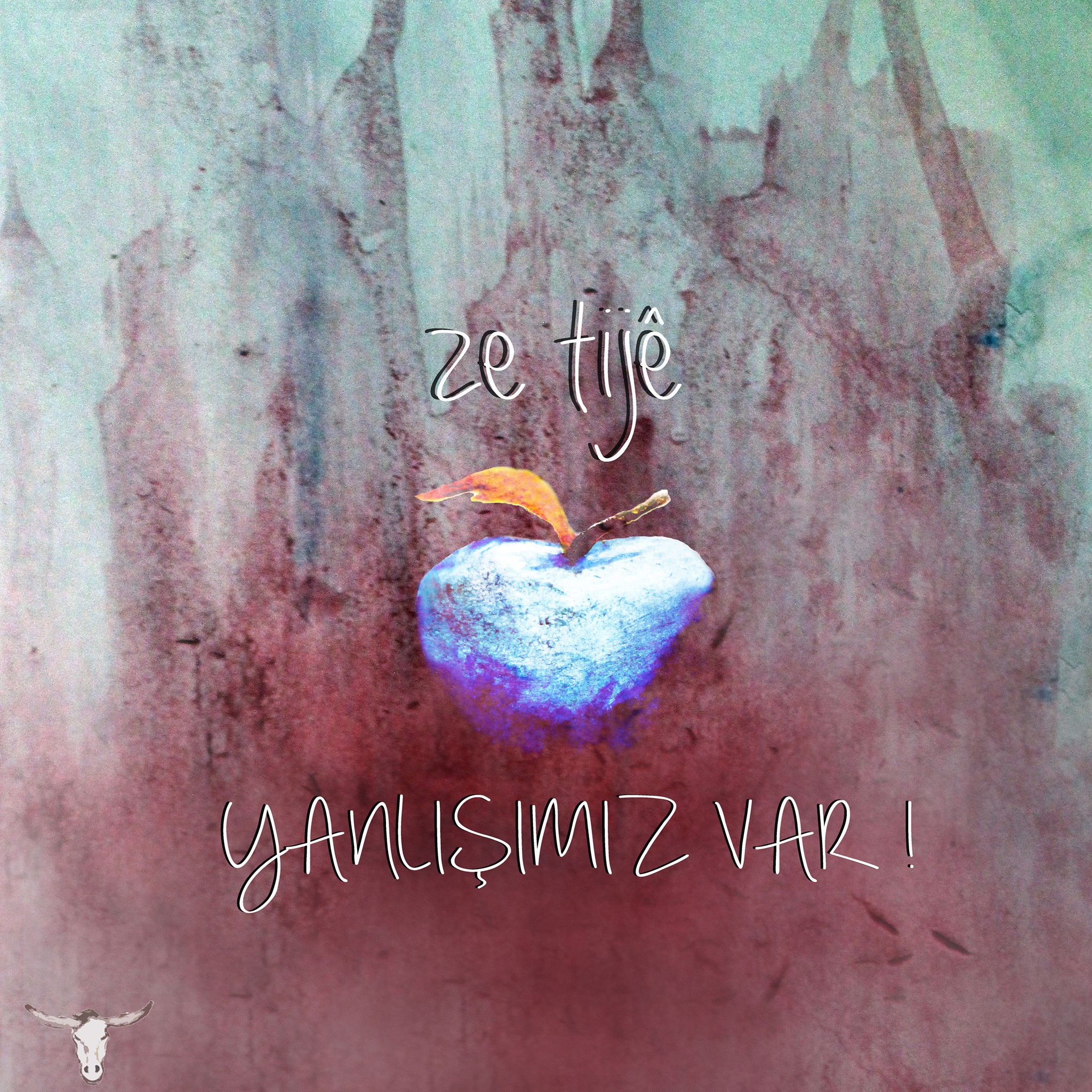 |
Click on the pictures to enlarge them:
Management, booking and media requests:
Mapamundi Música | Araceli Tzigane
+34676302882 (phone and WhatsApp) | info@mundimapa.com 